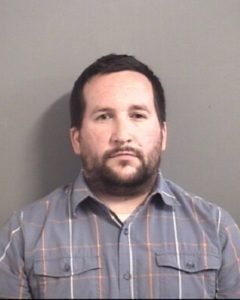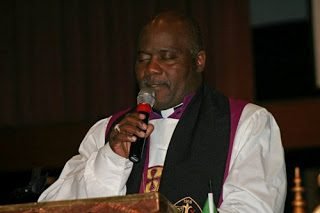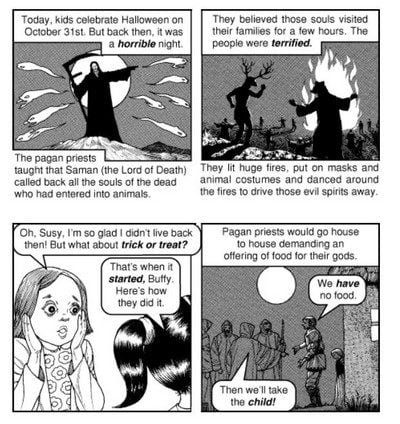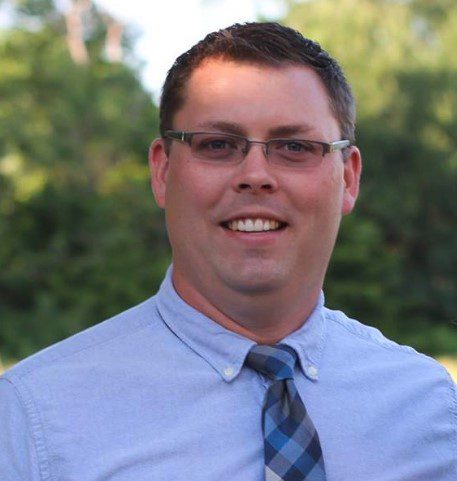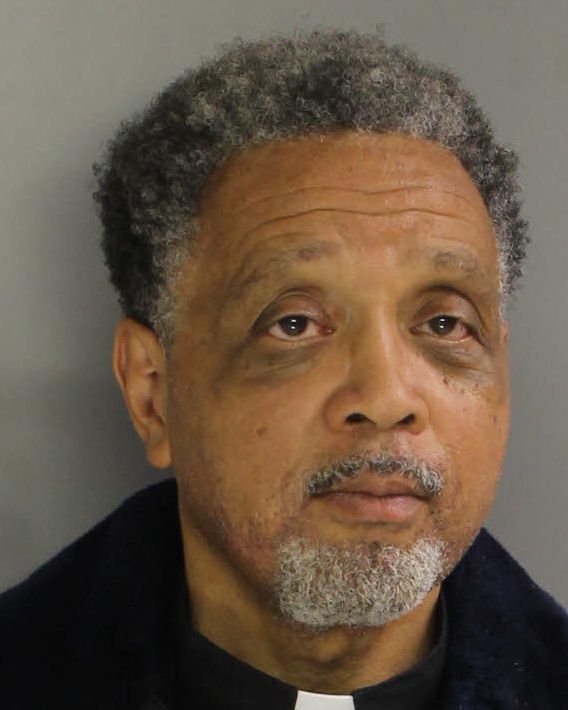
I put out the call to readers, asking them for questions they would like me to answer. If you have a question, please leave it here or email me. All questions will be answered in the order in which they are received.
Darcy asked:
I was just reading something about drug addiction being a medical problem, not a morality problem. Then I realized poverty is also often seen as a moral failing. (Which means a failure to be a True Christian®). Are any other problems often seen as a moral failing, as in NOT True Christian®? Mental illness, physical illness, birth defects (used to be seen as a mark of the devil because of immoral parents), being a survivor of abuse, being LGBTQ, not finding your usual parking space, etc.?
Evangelicals believe the Bible is the inspired, inerrant, infallible Word of God. Sin is transgression of the Law of God (as found within the pages of the Bible). Thus, you would think that Evangelicals would be diligent in keeping the more than 700 laws, commands, precepts, and teachings found in the Old and New Testaments. If the Bible is what Evangelicals say it is, wouldn’t it stand to reason that these followers of Jesus would commit themselves to studying, understanding, and practicing ALL that the Bible teaches — even the hard things? Yet, we know that Evangelicals don’t live differently from the unwashed, uncircumcised Philistines of the world. Outside of what they do with their time on Sunday mornings, there’s little difference between saints and sinners.
Every Evangelical is what I call a Buffet Christian®. Evangelicals, clean plate in hand, walk down the Bible buffet line, picking and choosing what to believe and practice, ignoring the rest. No one obeys all the teachings of the Bible. I don’t know of one Christian who even believes and practices the red words in the Bible (words attributed to Jesus) or Jesus’ most famous sermon, the Sermon on the Mount. Years ago, I told the church I was pastoring, that Christianity would be better served if Christians shut their mouths and spent the next five years putting the Sermon on the Mount into practice. Of course, neither I nor the people I pastored listened to what I was saying. We had a culture war to fight. Jesus would just have to wait until we conquered the United States for God.
One peculiarity found in some Evangelical churches — especially Holiness and Independent Fundamentalist Baptist (IFB) congregations — is the notion of “church standards.” Church standards consist of a written (sometimes unwritten) list of things church members are expected to believe and practice. After I left the ministry in 2005, our family looked for a church to attend. We found a dying Bible church in Butler, Indiana we thought we would be a good fit for us. The pastor, Jim Glasscock, was a wonderful man, as was his wife. When I inquired about joining, Jim was excited. However, his excitement quickly turned to disappointment. You see, the church had certain standards for members, one of which was holding to dispensational theology and pretribulational, premillennial eschatology. I was a non-dispensational amillennialist. This meant that we could NOT join the church. Crazy, right?
IFB churches, in particular, are known for having church standards. Some churches require new members to agree to their church’s standards. Often, new congregants are required to sign their names, saying they have read the standards and agree to abide by them. Other churches only do this for members who are in leadership capacities. Back in the late 1970s, we attended the Newark Baptist Temple for a short time. Polly’s uncle, the late Jim Dennis, was the pastor. Polly’s father was the assistant pastor. Annually, members in leadership positions were required to sign on the dotted line affirming submission to the church’s standards. I refused to sign the form, causing quite a problem. I continued to teach Sunday school and drive a bus, but my refusal to submit caused a rift between Pastor Dennis and me.
One afternoon, I stopped by the Baptist Temple to pick Polly up from work. She was a teacher at the church’s school. At the time, I was a general manager for Arthur Treacher’s in Reynoldsburg. It was my day off, and a fellow manager and I got together to play some pick-up basketball. Afterward, wearing sweaty gym shorts and a t-shirt, I stopped at the church to pick up Polly. I knew my dress was a violation of the church’s standards, but, hey, I was just running in and running out, no big deal. Or so I thought. Unfortunately, Pastor Dennis saw me and lit into me like he would someone who was standing there stark naked. He took us to his office and dressed us up one side and down the other. Ever the rebel, I didn’t take his abuse lying down. Pastor Dennis’ behavior turned my rift with him into a chasm — one that neither of us ever totally resolved after that.
Another church that comes to mind is Maranatha Bible Church in Glenford, Ohio. One evening, the church’s pastor, Bob Shaw, stopped by a congregant’s home unannounced. Imagine his surprise when the door was opened by a female Sunday school teacher wearing pants! His outrage over her “sin” caused a huge blow-up, leading to the family leaving the church. Of course, at the time, I had a similar belief about women wearing pants. One woman in the church I pastored refused to stop wearing pants. I went over to her home to talk to her about her lack of submission to the church’s standards (Greek for submissions to my personal beliefs and preferences). She was, of course, wearing pants. As we sat there talking, her husband pointed to his wife and said, “do you really believe ________ wearing pants is a sin?” He was sure that, when pressed, I would back down, but I didn’t. It was the 1980s, and I really did believe that women shouldn’t wear pants. (My wife, Polly, wore a pair of pants for the first time in 2004, at the age of forty-six.) I told him, “yes, your wife is sinning wearing pants!” Our conversations ended on a cordial note, but this family never darkened the doors of the church again. A few years ago, I apologized to the wife for being such an ass. She graciously accepted my apology (though she, to this day, can’t wrap her mind around the fact that I am an atheist).
I have said all this to point out that when it comes to defining “moral failure” (sin), Evangelicals are all over the place. What is considered a moral failing differs from church to church, pastor to pastor, and member to member. Every Evangelical has a list — written or unwritten — of beliefs and practices by which he or she determines what is or isn’t moral. Take receiving government assistance. I never had a problem with congregants receiving government help. Hell, the Gerencser family wouldn’t have survived the 1980s without the Federal government and the State of Ohio lending them a BIG helping hand. We didn’t have medical insurance for 16 years. Five of our six children were birthed thanks to evil Medicaid. That said, I knew pastors who opposed all forms of government assistance. No matter how dire the circumstances, congregants were expected to pray, seek God’s help, and do everything they could do to change their circumstances.
Some churches have strict qualifications for who may or may not be a pastor. Such churches use 1 Timothy 3 as a list of absolute qualities for a pastor. I saw one standard, ruling your own children well, used to boot several men out of the ministry; not due to anything they had done, but because a grown child was out in the “world” sinning against God. Never mind the fact that I don’t know one pastor — including myself at the time — that measured up to the qualifications found in 1 Timothy 3:1-7:
This is a true saying, if a man desire the office of a bishop, he desireth a good work. A bishop then must be blameless, the husband of one wife, vigilant, sober, of good behaviour, given to hospitality, apt to teach; Not given to wine, no striker, not greedy of filthy lucre; but patient, not a brawler, not covetous; One that ruleth well his own house, having his children in subjection with all gravity; (For if a man know not how to rule his own house, how shall he take care of the church of God?) Not a novice, lest being lifted up with pride he fall into the condemnation of the devil. Moreover he must have a good report of them which are without; lest he fall into reproach and the snare of the devil.
The same goes for the “fruit of the Spirit.” According to Evangelicals, True Christians® are indwelt by the Holy Ghost. In other words, God lives inside every believer, acting as their teacher, guide, and conscience. Galatians 5:22,23 says:
But the fruit of the Spirit is love, joy, peace, longsuffering, gentleness, goodness, faith, Meekness, temperance: against such there is no law.
Tell me, do you know one Christian who meets this standard? Note, verse 22 says, the fruit of the Spirit IS (present tense), and not some sort of objective for Evangelicals to aspire for. Much like the standard for pastors, Evangelicals are expected to show in their lives “love, joy, peace, longsuffering, gentleness, goodness, faith, meekness, and temperance.” Know any believers who meet this standard? Of course not. Jesus told his disciples, “Be ye therefore perfect, even as your Father which is in heaven is perfect.” How is that working out for God’s chosen ones? (That’s a rhetorical question, by the way.)
Evangelicals do have lists of beliefs and behaviors they consider “moral failings” However, these lists are dependent on personal interpretation of the Bible, whim, tribal influence, cultural influence, and personal experience. There’s no such thing as an infallible, inviolable, authoritative standard — despite Evangelicals suggesting otherwise. One need only watch current internecine wars being fought among Evangelicals over female preachers, LGBTQ church members, same-sex marriage, and a host of other social hot-button issues. In 1 Corinthians 2, Paul writes about Christians having the Holy Spirit as their teacher. Unlike “the natural man [who] receiveth not the things of the Spirit of God, followers of Jesus have “the mind of Christ.” Tell me, in a nation where most people profess to be Christians, where are the people who “have the mind of Christ?” Where are the people who think and act like Jesus?
About Bruce Gerencser
Bruce Gerencser, 62, lives in rural Northwest Ohio with his wife of 41 years. He and his wife have six grown children and twelve grandchildren. Bruce pastored Evangelical churches for twenty-five years in Ohio, Texas, and Michigan. Bruce left the ministry in 2005, and in 2008 he left Christianity. Bruce is now a humanist and an atheist. For more information about Bruce, please read the About page.
Are you on Social Media? Follow Bruce on Facebook and Twitter.
Thank you for reading this post. Please share your thoughts in the comment section. If you are a first-time commenter, please read the commenting policy before wowing readers with your words. All first-time comments are moderated. If you would like to contact Bruce directly, please use the contact form to do so.
Donations are always appreciated. Donations on a monthly basis can be made through Patreon. One-time donations can be made through PayPal.
Share This Post On Social Media:
